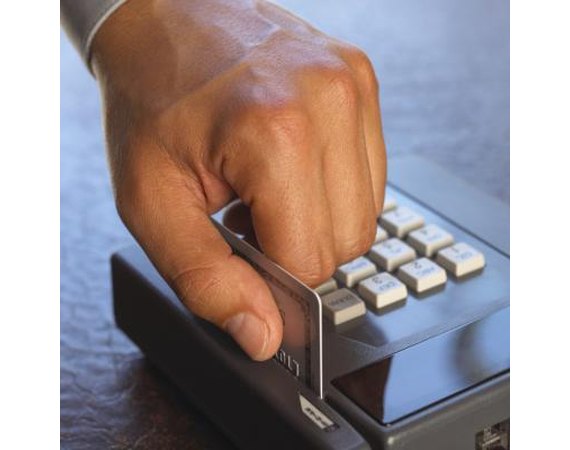Consolidating your debt can give you the financial flexibility you need to get your bills back under control. With many debt consolidations, collateral such as a home's equity is used to secure the loan. If you do not have collateral, the goal of debt consolidation is not dead, as some other options exist.
What Is Debt Consolidation?
The purpose of debt consolidation is not necessarily to pay off debt but to move it from multiple accounts into a single account. You borrow money from one source that is large enough to pay off every debt account you have. Then you take the money and use it to pay off each of your accounts. The goal of this process is to make it easier to make your payments each month and to potentially save some on interest.
Credit Card Balance Transfers
One way that you could potentially consolidate your debt without any collateral is to use credit cards. When you open a new credit card, you are typically given the opportunity to transfer balances to the account. You can use this opportunity to pay off all of your accounts. This moves the balances of the accounts to your new credit card account. In many cases, you get an introductory interest rate of zero percent that gives you several months to pay down your debt without interest accumulating.
Personal Loans
If you do not want to use credit cards to consolidate your debt, you could also pursue a personal loan. With a personal loan, you can borrow money without having to put up any kind of collateral. Once you borrow the money, you pay off your debts and then worry about paying down the balance of the loan. With this strategy, you usually have to pay a higher interest rate than you would with a secured loan.
Loan Consolidation Companies
You may also consider working with a debt consolidation company in this situation. Debt consolidation companies work to help you consolidate your debt accounts into a single loan. In some cases, the company simply helps you find a loan while other companies actually provide the consolidation loan for you. Working with a debt management plan could also provide you with a form of consolidation. With a debt management plan, you make one monthly payment to a credit counseling service and then the service pays all of your creditors for you. Before working with any of these companies, you need to review their fees and terms. Some companies in this industry are scams and should be avoided. Check consumer reviews to find out which companies are reliable.
Considerations
The advantage of not using collateral is that it does not tie any of your property to the debt. If you cannot afford to pay off the debt in the long run, you can file bankruptcy and have the unsecured debt eliminated. By doing this, you can help protect your assets and still have the chance to consolidate your debts into a single account. When you consolidate, you have to be careful not to run up any more balances on your paid-off accounts.


























